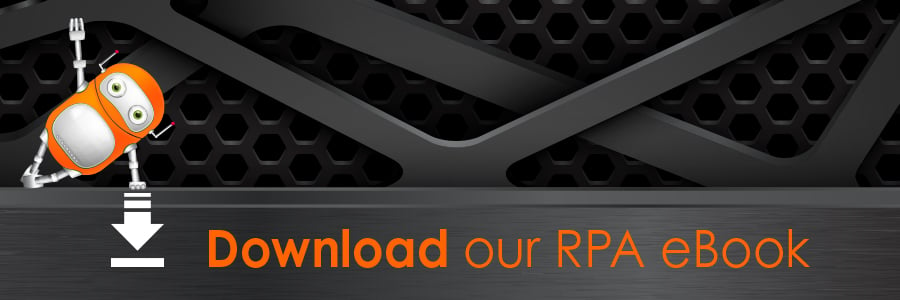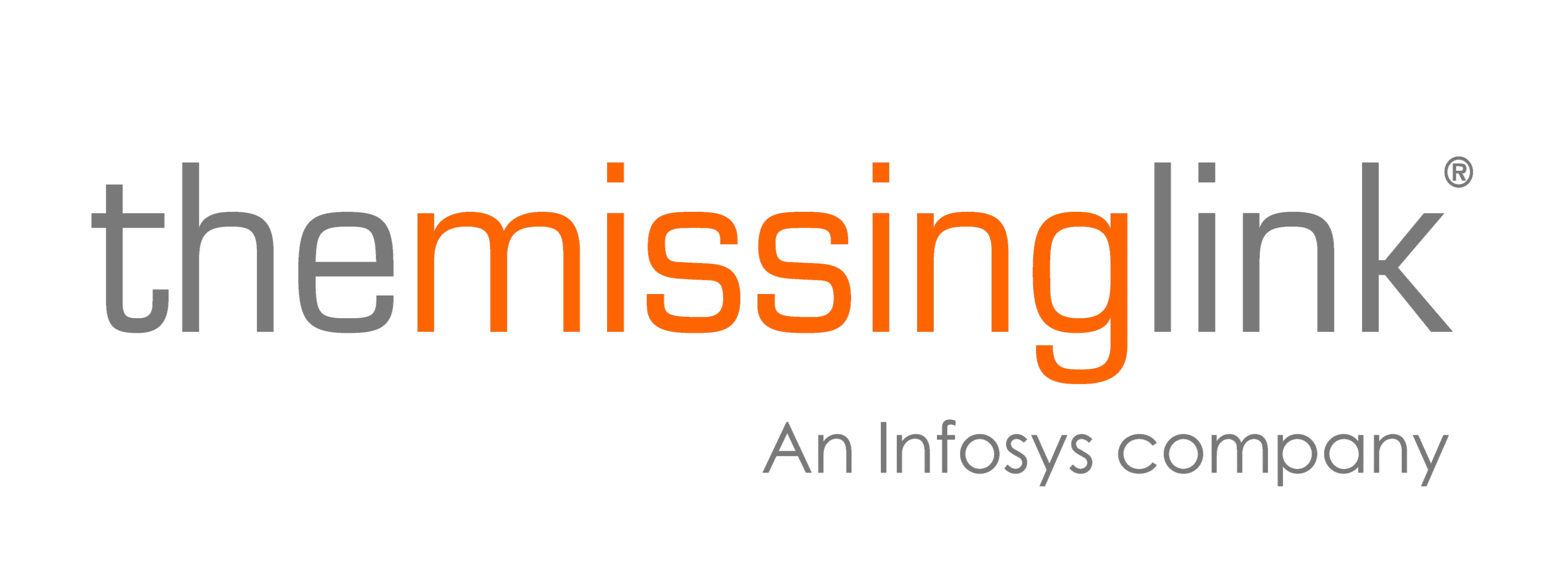If your business wasn't affected by the events of 2020, then yours was the odd one out. From small businesses to large enterprises, most had to pivot, adapt, and change to improve resiliency and guarantee business continuity. It was a year that catalysed a reset in the way that businesses will operate into the future.
Consequently, the task list for today's CIO never stops growing, with the expectation to continuously improve performance and deliver transformative business outcomes through technology. Additionally, there is immense pressure to deliver on these complex mandates while reducing budget.
Robotic Process Automation (RPA) can help realise this complex mandate by assisting the CIO in creating efficiencies and accomplishing other goals related to cost, innovation, security, and compliance.
The current trend of Automation
RPA growth was boosted by 2020, as businesses looked to emerging technologies in response to pandemic-induced business pressures. A reasonable indicator of the extent of adoption in RPA is funding to a leading RPA provider, UiPath, who attracted investment of ~$1bn in 2020, equivalent to the amount they had raised in the past three years.
However, figures show that automation implementation isn't equally distributed across the enterprise, with IT operations constituting only 4% of significant use cases. When you consider how much of a business's total IT operation includes repetitive, data-heavy work, it's no surprise the need for Automation is apparent.
That being said, the CIO has a vital role in being the leading force behind the successful implementation of RPA to improve business operations, reduce costs and accelerate digital transformation.
The top RPA strategic tech trends in 2021
CIOs need to approach digital transformation with a new perspective and tools to be successful in the automation era. Intelligent Automation and Hyper Automation are the two top RPA trends that CIOs should follow to ensure their businesses succeed in 2021.
Intelligent Automation incorporates Artificial Intelligence (AI) into the automation processes, which increases the effectiveness of Automation and expand the areas companies can utilise it. Cognitive technologies, such as Machine Learning, Speech Recognition, and Natural Language Processing propels automation capabilities into new realms. They allow tasks that previously required perception and judgement capabilities of human beings to be automated.
Hyper Automation Increases the speed at which organisations can develop and manage process automation effectively, by employing the following elements:
- Ideas collection – users across the organisation can submit ideas into a platform for review and comparison along with inputs for the business case
- Automated development - a user being recorded performing a process on their screen produces the documentation and the draft workflow of the automation, doing part of the developer’s traditional job
- Citizen development – for very simple processes, users can record their process and run the recorded steps themselves
- Process mining - data extracted from enterprise systems informs where automation can be best deployed (called process mining)
- Advanced analytics - shows real time ROI on robots while they do their jobs
Are you interested in diving deeper into the topic?
Talk to one of our Automation experts or download our eBook, to learn how you can transform your organisation's repetitive and mundane tasks.
If you liked this blog, you may also like:
Lead your digital transformation with Intelligent Automation
Disaster recovery: what if the host had two barbeques
Embracing digital transformation in project management

